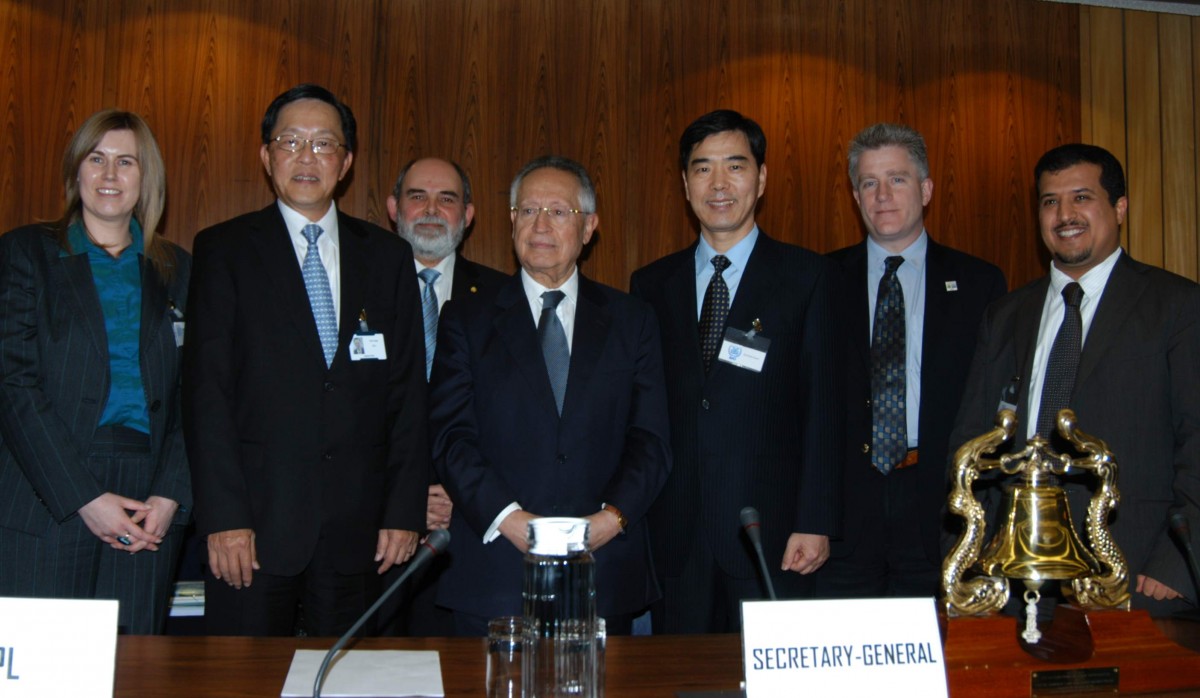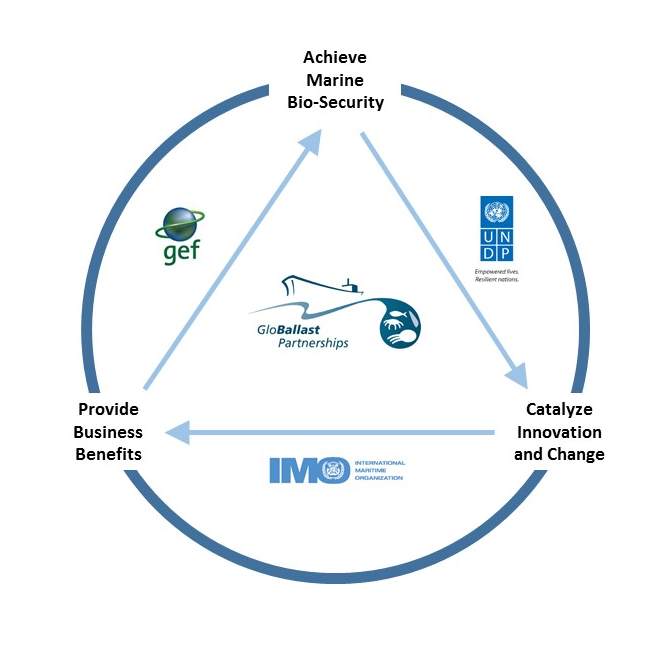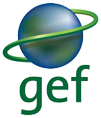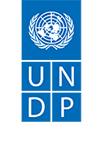Innovative Partnerships > The GIA
It is abundantly clear that global environmental problems like marine bioinvasions will be solved only if the private sector also weighs in with its vast technical, managerial and financial resources and expertise. The private sector is therefore recognized as an important stakeholder in all GBP activities and has been playing a critical role in addressing ballast water issues, in partnership with the GBP.
GloBallast Partnerships has established a pioneering public-private sector partnership titled “Global Industry Alliance for Marine Biosecurity (GIA)”. The current GIA members include shipping giants such as Keppel Offshore and Marine (KOM) and APL.
The objective of GIA is to reduce the transfer of harmful invasive species and pathogens via ships’ ballast water, and to maximize global environmental benefits from addressing this issue in a sustainable and cost-effective manner, in partnership with the GEF’s GloBallast Project. A GIA Fund established through annual membership contribution by the GIA industry partners will provide the necessary financial resources for the GIA to implement selected projects.
This innovative public-private sector partnership model is the first of its kind, and aims at assisting in creating solutions for addressing the ballast water issues, including new technologies, along with training and capacity-building activities. GloBallast’s private sector alliances such as the GIA and the expected outcomes from such alliances have clearly sent an optimistic message to the global community that, while the environmental challenges appear to be significant, they are not insurmountable – with the effective and intelligent use of resources and through an integrated and collaborative approach, answers to these challenges will be found, so that industry can continue to work in harmony with the environment.
The initiative was officially launched with a ceremony at IMO Headquarters on 2 March 2009. For full details of this very successful and prestigious event, please see here.


GIA Founding Partners at the official launch ceremony in London, 2 March 2009.
A crucial part of the private sector effort to reduce the threat of invasive alien species carried by ballast water is in the area of research and development into cost effective technology solutions to control and manage the ballast water and the sediments in ballast tanks. The International Ballast Water Management Convention stipulates that all ships should be equipped with ballast water management systems to meet the ballast water performance standards, by the year 2016. This means that during the period of GBP, it is essential that the current technology hurdles are overcome, and effective management solutions have been scale tested and installed.
To address the major technology hurdles, the GIA has stimulated continued R&D efforts, publicized advances in technology development, provided a global forum to share information and to facilitate communications between technology vendors, technology test facilities and end users of technologies. GIA also encourages and facilitates accelerated development and transfer of alternate ballast water management solutions that are cost effective, safe, practical and environmentally friendly. The GIA includes maritime industry leaders working together with GEF-UNDP-IMO to create opportunities for the Project to positively influence industry practices while benefiting from private sector strengths, including R&D knowledge and practical experience.
The engagement of the industry in GloBallast Partnerships has contributed in:
- Replication of successful activities;
- Sustainability of global environmental benefits;
- Leveraging (human, technological and financial) resources;
- Facilitating Industry input into policy developments and a positive pull for reform processes;
- Development and dissemination of technological solutions to ballast water problems; and
- Acceleration of research and development.
The Project has been identifying appropriate private sector entities for partnerships on the basis of the following criteria:
- Environmental performance and stewardship
- Cost-effectiveness of partnership
- Transparency
- Industry drivenness
- Catalytic role and leveraging financial and human resources and/or appropriate technology
- Sustainability and replicability
GIA is advised by a Global Industry Alliance Task Force (GIA-TF) that consists of the GIA partner companies. IMO acts as the fiduciary of the GIA Fund and GloBallast Partnerships Programme Coordination Unit acts as the Secretariat for GIA-TF and also as the executing body for the activities supported by GIA Fund. As agreed in the first GIA Task force Meeting, the GIA initially focussed it activities on the following areas:
- Development of an information clearing-house mechanism for one-stop access by shipping industry
- Development of capacity building tools targeted at maritime industry
- Co-organizing global conferences / symposia focussing on technology developments
- Establishing an IMO-GEF-UNDP- Industry Dialogue Forum
- Activities that accelerate technology transfer and technology diffusion within industry





